Tungsten Wire Lighting in Incandescent Light Bulbs
- Details
- Category: Tungsten Information
- Published on Monday, 11 August 2025 18:45
- Written by Zhenghua
- Hits: 155
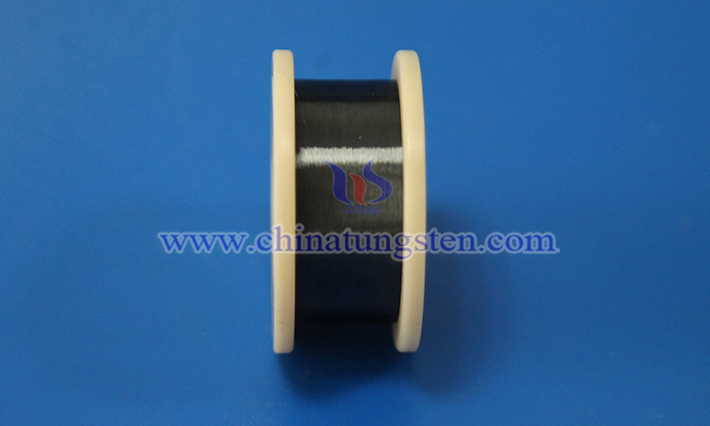
The application of tungsten wire light-emitting in incandescent light bulbs is primarily based on its high melting point and excellent thermal radiation properties. The following is a brief description of its specific applications and principles:
Read more: Tungsten Wire Lighting in Incandescent Light Bulbs
What Are the Uses of Tungsten Wire?
- Details
- Category: Tungsten Information
- Published on Monday, 11 August 2025 18:42
- Written by Zhenghua
- Hits: 159
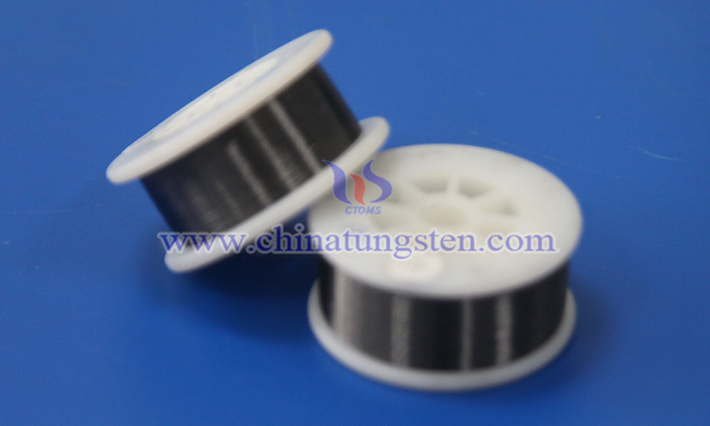
Tungsten wire has a wide range of uses. Its exceptional physical properties, such as its extremely high melting point (approximately 3422°C), excellent corrosion resistance, and good electrical conductivity, have led to its widespread application in industry, technology, and everyday life.
Tungsten Alloy Collimator
- Details
- Category: Tungsten Information
- Published on Monday, 11 August 2025 11:17
- Written by Xiaoting
- Hits: 161
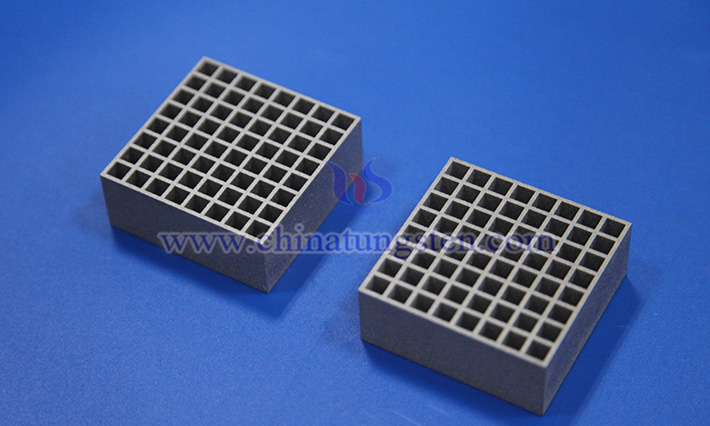
Radiotherapy equipment is a specialized medical device used for tumor radiation therapy, with its core function being the generation and delivery of high-energy rays (such as X-rays, gamma rays, electron beams, and proton beams) to damage the DNA structure of cancer cells, inhibiting their proliferation and thereby treating tumors. However, radiation is a double-edged sword—it can harm surrounding healthy tissues while targeting cancer cells. At this juncture, a seemingly inconspicuous yet highly critical component—the tungsten alloy collimator—plays a vital role. Acting like a "gatekeeper," it controls the direction and range of radiation, ensuring that rays target cancer cells as precisely as possible. So, what exactly is this tungsten alloy collimator, which plays a key role in radiotherapy, and how does it control radiation?
What Is Tungsten Alloy Collimator?
- Details
- Category: Tungsten Information
- Published on Monday, 11 August 2025 11:22
- Written by Xiaoting
- Hits: 166
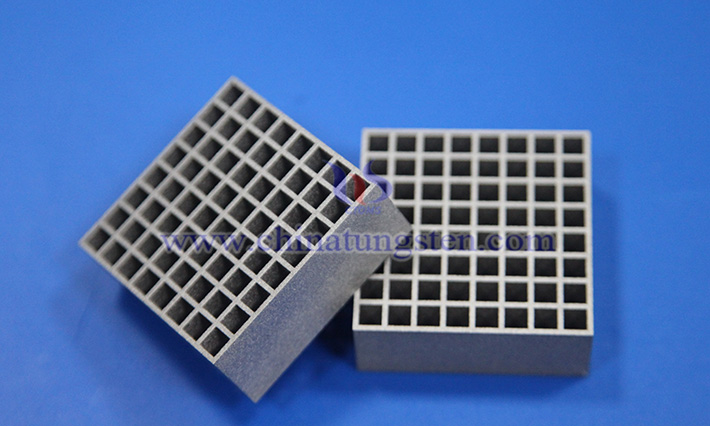
In a hospital imaging department, a patient lies on an examination table, about to undergo a CT scan. As the equipment activates, an invisible ray begins rotating around the patient’s body—this is the X-ray, capable of penetrating the body to clearly reveal internal structures, providing critical evidence for disease diagnosis. Behind these radiation applications, a key player operates quietly in the background: the tungsten alloy collimator. Though you may never have heard of it, it functions like a behind-the-scenes hero, influencing the effectiveness of radiation detection and treatment. Why is it entrusted with this responsibility, and what unique properties does it possess?
Molybdenum Diselenide
- Details
- Category: Tungsten Information
- Published on Thursday, 07 August 2025 13:45
- Written by Xiaoting
- Hits: 177
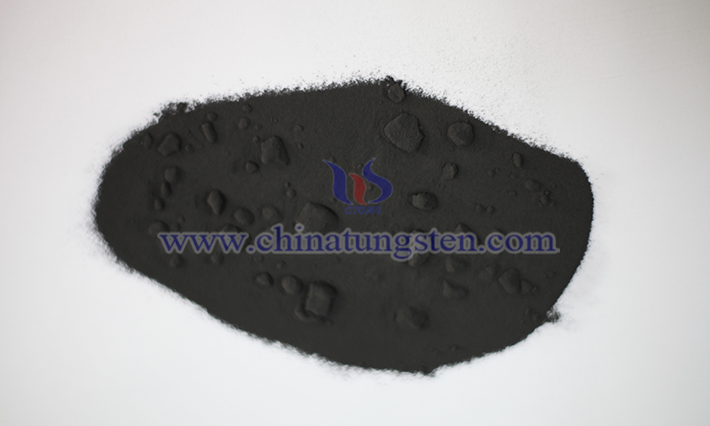
As a representative material among low-dimensional transition metal dichalcogenides, molybdenum diselenide (MoSe₂) is widely used in various fields such as photocatalysis, energy storage, solid lubrication, microelectronics, and optoelectronics due to its unique crystal structure and excellent thermodynamic properties. Below is an introduction to the basic information of this material.





 sales@chinatungsten.com
sales@chinatungsten.com